2023 TPE & TransTiP Science & Technology Training, jointly organized by the international program "Third Pole Environment" (TPE) and the Sino-German educational cooperation project "Geo-ecosystems in Transition on the Tibetan Plateau" (TransTiP), strongly supported by the Bureau of International Cooperation, Chinese Academy of Sciences, and Sino-German Center, was successfully held in Lanzhou from June 26 to July 8. The training, with the theme of research on geology, ecology and environment of the Third Pole, was jointly organized by State Key Laboratory of Tibetan Plateau Earth System, Environment and Resources and the School of Earth Science, Lanzhou University.There were 56 participants from fifteen countries along the Belt and Road, including China, Nepal, Pakistan, Bangladesh, Iran, India, Kyrgyzstan, Tajikistan, Myanmar, Nigeria, Ethiopia, Mexico, Colombia, Spain and Germany.
The 12-day training included 15 indoor lectures. During the training, a total of 15 experts and scholars from research institutes and universities in China, Germany, Britain and Nepal were invited to introduce the major scientific research progress about the Third Pole region in recent years in the context of global change through theme lectures on geology, environment, ecology, hydrology, human activities, and other aspects.
During the training, the participants were organized to carry out field practice courses in Hexi Corridor, Gansu from July 4 to 8. The participants started from Lanzhou and traveled west along the "Ancient Silk Road" to Dunhuang via Zhangye. In Lanzhou, they visited the Science & Technology Innovation Museum of Cold and Arid Regions of the Northwest Institute of Eco-Environment and Resources, CAS, the State Key Laboratory of Cryosphere Science, the State Key Laboratory of Frozen Soil Engineering, and the Key Laboratory of Desert and Desertification, Chinese Academy of Sciences. In Zhangye, they visited the Heihe Remote Sensing Experimental Research Station, Chinese Academy of Sciences and the 40-m observation tower of Daman Remote Sensing Observation Test Site, and investigated the Danxia landform on the spot. In Zhangye, they visited Dunhuang Gobi and Desert Research Station, Chinese Academy of Sciences, and investigated the sand control project of Yueya Spring at Mingsha Mountain on the spot.
The training imparted cutting-edge scientific knowledge and helped young scholars in countries along the Belt and Road broaden their horizons and improve their scientific research level. As candidates for international scientific and technological cooperation in the future, young scholars had a deep understanding of the scientific research progress in the Third Pole region with the Tibetan Plateau as its center, enhancing their understanding of Chinese technology and culture. The Chinese and foreign young scholars who participated in the training established profound friendships during the training, which laid a good foundation for sustainable scientific research cooperation in the future.
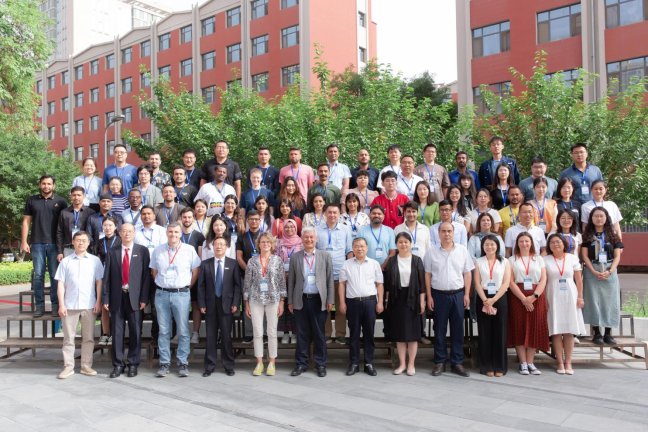
Group photo of the participants
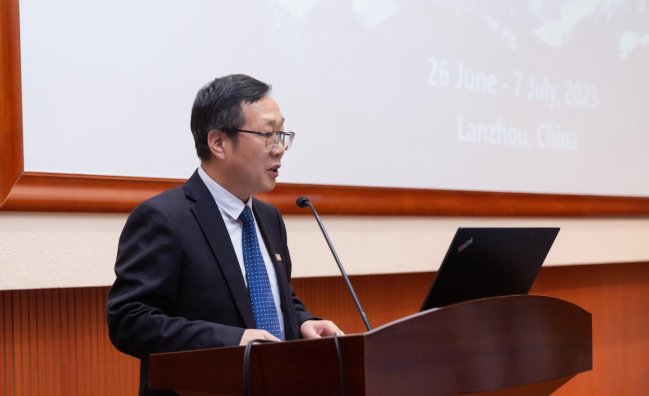
Chen Ximeng, Vice President of Lanzhou University, presides over the opening ceremony of the training
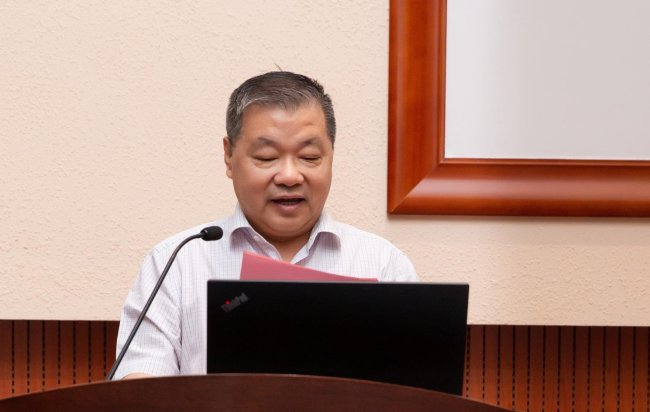
Pan Baotian, Vice President of Lanzhou University, delivers a speech at the opening ceremony of the training
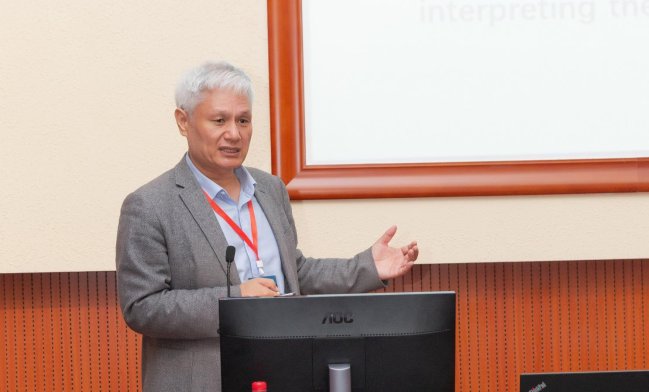
Academician Ding Lin from the Institute of Tibetan Plateau Research, Chinese Academy of Sciences, gives a lecture
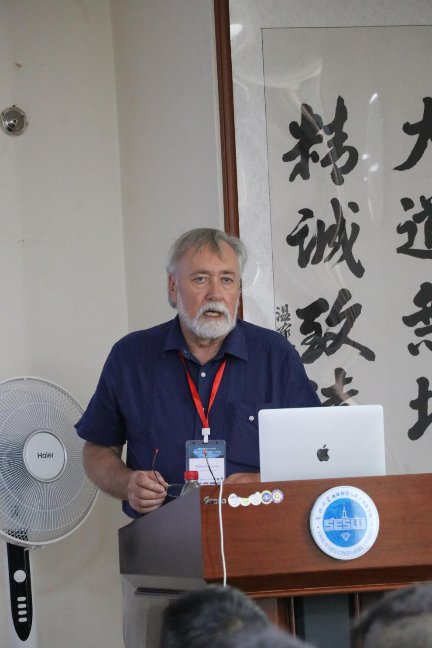
Prof. Robert Spicer from The Open University gives a lecture
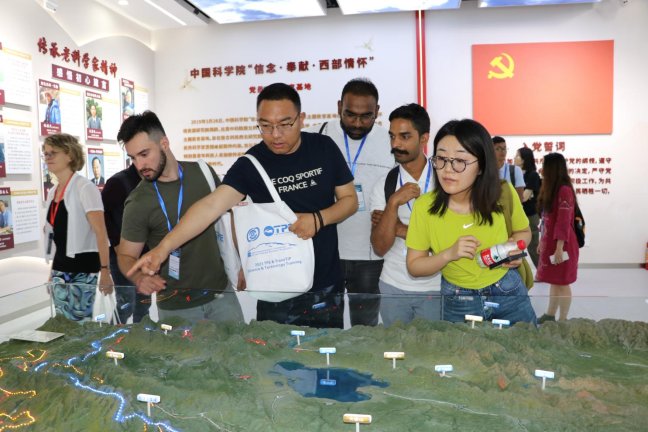
Participants visit the Northwest Institute of Eco-Environment and Resources, CAS
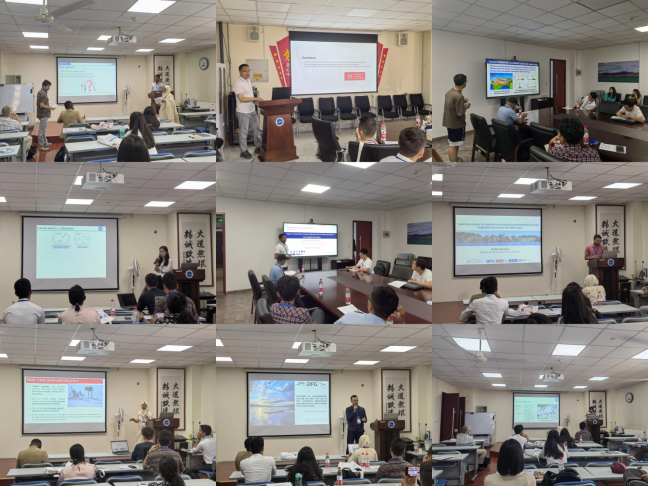
Oral lectures to the participants
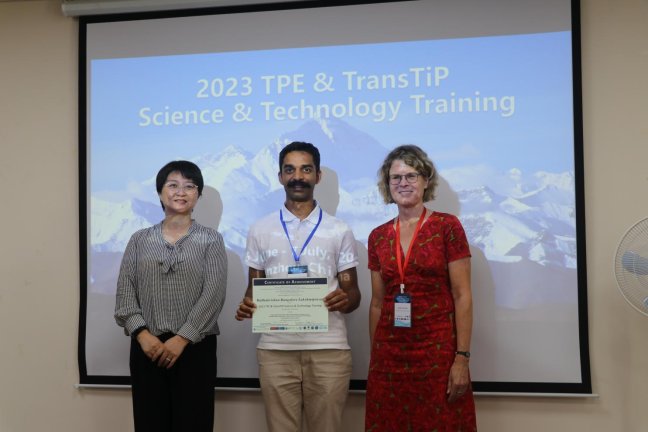
Research Fellow Zhangfan from the Institute of Tibetan Plateau Research, Chinese Academy of Sciences, and Prof. Antje Schwalb from the TU Braunschweig jointly issue graduation certificates to the participants
Attachment:
